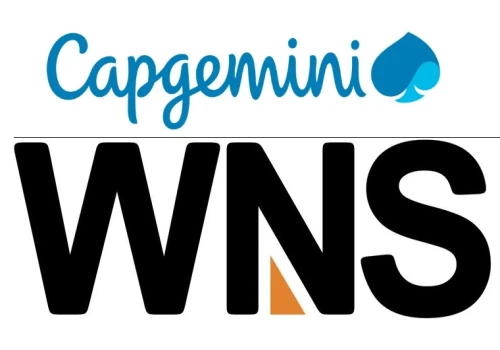
Anglo American Plc has slammed the brakes on BHP Group's $39 billion takeover proposal, declaring it a significant undervaluation of the company and its future potential. The news comes just a day after BHP, the current world's largest mining company, unveiled the offer, aiming to create an industry titan and solidify its dominance in the copper market.
"The BHP proposal is opportunistic and fails to value Anglo American's prospects," stated Anglo chairman Stuart Chambers in a firm response. He further criticized the proposed structure of the deal, highlighting substantial uncertainties and execution risks that would fall almost entirely on Anglo American's shoulders.
BHP's £31 billion offer aimed to bring together the two global mining giants in a landmark transaction. The proposed structure involved issuing 0.7097 BHP shares for each Anglo share, a move strategically designed to bolster BHP's copper portfolio. Copper is a vital material in the ongoing global transition away from fossil fuels, with its extensive use in renewable energy projects and electric vehicles driving demand to new heights.
By acquiring Anglo American, BHP envisioned becoming the world's leading copper producer, dethroning its current third-place position. Analysts at RBC estimate the combined entity could generate a staggering 2 million tonnes of copper annually, accounting for roughly 10% of global mined copper supply.
Anglo American's defiance throws a wrench into BHP's ambitious plans. The company's justification for rejecting the bid hinges on two key points. Firstly, they believe the proposed share exchange significantly undervalues Anglo American's stock. BHP's offer valued each Anglo share at £25.08, a figure that sent Anglo's share price soaring by 13% in early London trading. This suggests investors might agree with Anglo's assessment, seeing potential for higher returns if the company remains independent.
Secondly, Anglo raises concerns about the proposed structure of the deal. The plan involved spinning off two of Anglo American's South African units into separate entities in which Anglo shareholders would receive shares. This complexity introduces uncertainties and potential execution risks, burdens that Anglo views as unfairly placed on their company and its stakeholders.
The collapse of this potential mega-merger leaves the future of both companies uncertain. BHP might consider revising its offer to address Anglo's concerns, but whether they'll be willing to significantly increase their valuation remains to be seen. Anglo American, on the other hand, will likely continue to focus on its independent growth strategy, potentially seeking alternative partnerships or acquisitions to solidify its position in the booming copper market.
The ramifications of this failed merger extend beyond the two companies involved. The global mining landscape, particularly the race to secure copper resources, could be significantly impacted. With BHP's aggressive move thwarted, other mining giants might be emboldened to enter the bidding war for Anglo American or other key copper producers. This heightened competition could drive up copper prices, potentially impacting the affordability of clean energy technologies and electric vehicles that rely heavily on the metal.
Only time will tell how this saga unfolds. But one thing is certain: the battle for dominance in the copper market has just begun, and its outcome will have significant implications for the future of clean energy and sustainable development.











